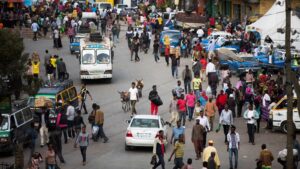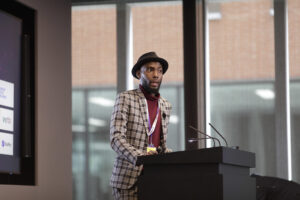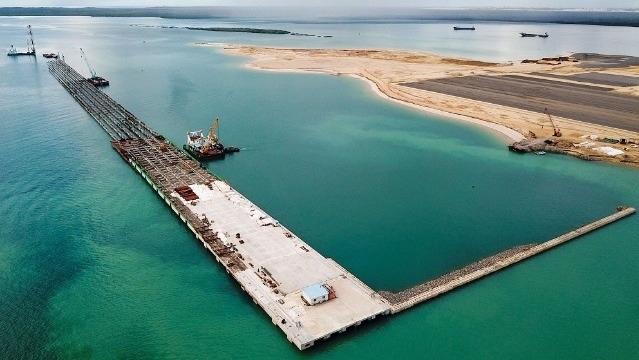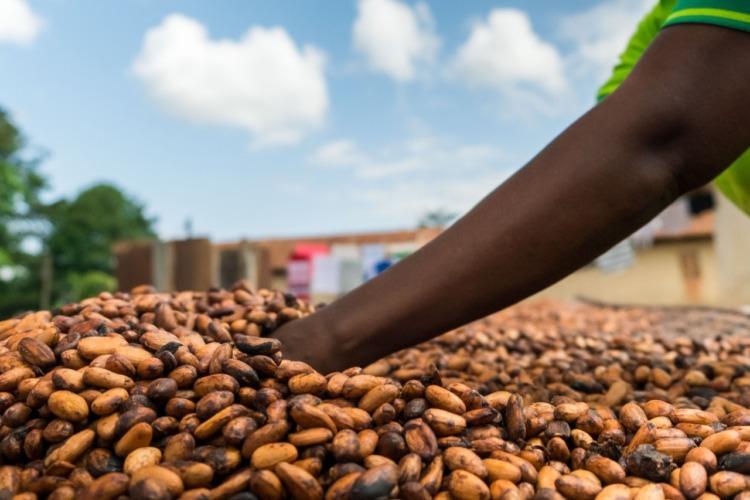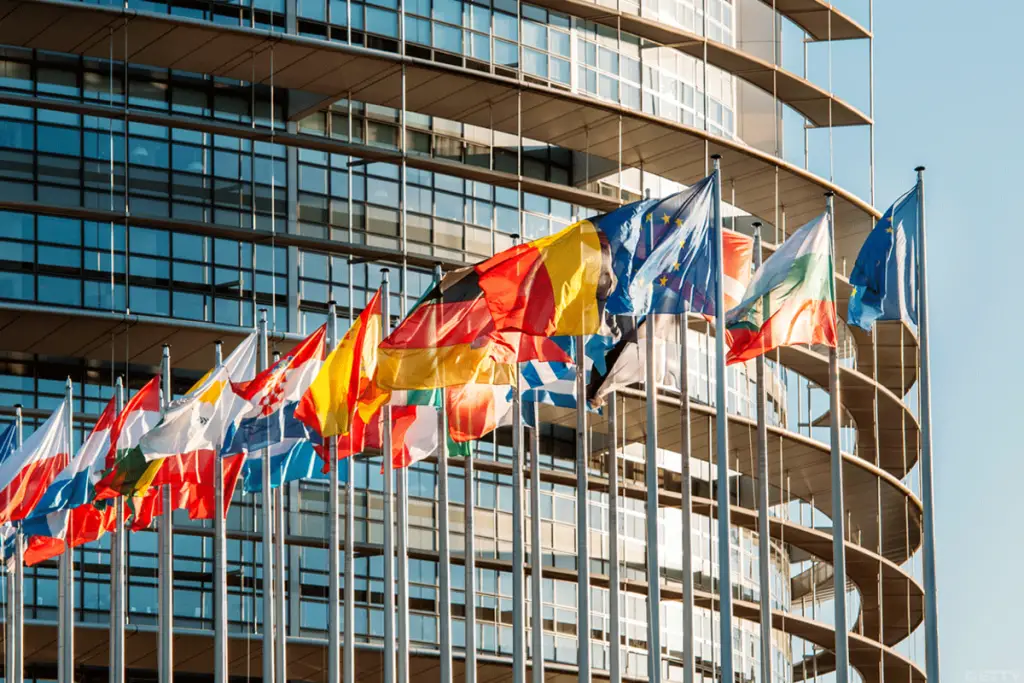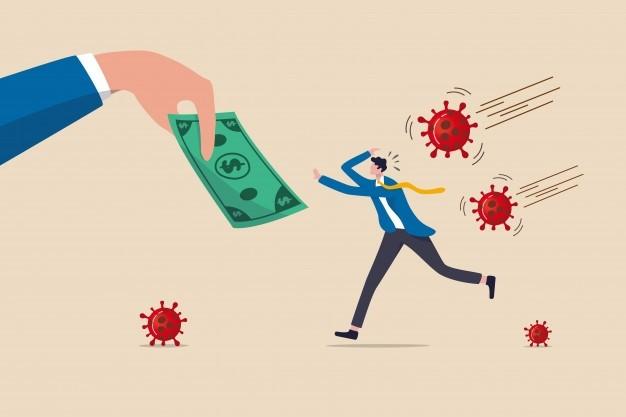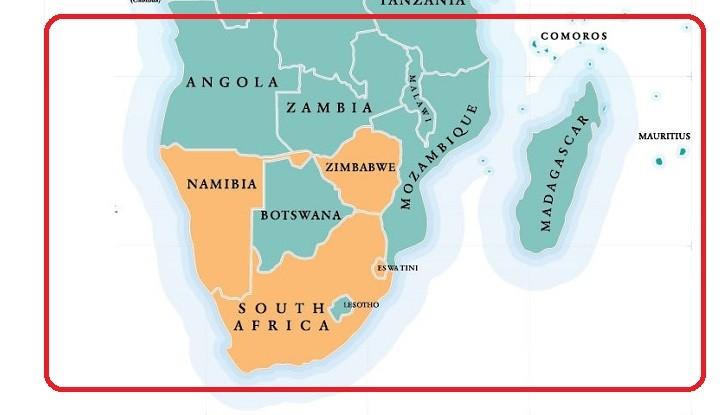- The most stressful cities to live in 2024 exposed
- Tech ventures can now apply for the Africa Tech Summit London Investment Showcase
- State of journalism survey 2024 shows media houses are lagging in AI adoption
- Forum sets the stage to unleash global potential for startups during AIM Congress 2024
- Consumer Expenditure in Kenya on a Six-Month High
- Kenya Ports Authority Invests $31 Million in State-of-the-Art Cranes for Lamu Port
- Fintechs should develop products that address the exact needs of their customers
- New report exposes alarming rise in remote desktop protocol fraud by cybercriminals
Browsing: Southern Africa
Some 11 sub-Saharan African (SSA) countries are currently at high risk of debt distress according to the latest debt sustainability analyses by the International Monetary Fund (IMF).
Already, six countries are in debt distress and the debt burden is worsening in the region where the public debt ratio to gross domestic product has surged to 65.6 per cent from 56.4 per cent pre-Covid-19 period.
A study conducted by the China-Africa Research Initiative (CARI) at Johns Hopkins University shows that there is a trend where African governments are mortgaging their natural resources to secure loans from China. This has often ignited debt distress when commodity prices collapse.
Read: Why do lenders want “COLLATERAL”?
This mortgaging of resource is referred to as collateralized sovereign debt. This is where a sovereign loan is secured by existing assets or future receipts owned by the borrowing government. The collateral could be commodities, future export revenues, …
Fairtrade International has committed to double the average income of farmers and workers in Africa.
Speaking during the ongoing 7th Africa Fairtrade Conference, Fairtrade International Board Chair Lynette Thorstensen said despite the hard times brought about by Covid-19, there is hope for the future of African farmers.
“This has been a very tough year globally, however, let us look at the future with optimism,” she said.
According to Thorstensen, Fairtrade International set aside a Covid relief fund in which more than 10.5 million Euros was raised by external governments, retailers, crowdfunding as well as internal sources by pledges from members for relief and resilience support for producer organisations.
“A total of 337 producer organisations from 17 countries have benefited from the fund. We believe that in the current climate, we need to move faster and ensure no one gets left behind.”
Speaking at the same event, Mary Kinyua, the Fairtrade …
The European Union commission is giving €64.7 million in its humanitarian aid for countries in the southern Africa region.
The funds are to help support people in need dealing with the coronavirus pandemic, extreme weather conditions such as persistent drought and other crises in the region.
“The EU is helping to provide life-saving assistance to impoverished households suffering from crop and livestock losses due to drought. The aid package will also strengthen the preparation and response to the coronavirus pandemic for countries in the region. In parallel, the EU is helping communities better prepare for natural hazards and reduce their impact.” Said Janez Lenarčič, Commissioner for Crisis Management.
Funds from this package will go towards humanitarian projects with Botswana getting €1.95 million, Comoros €500,000, Angola €3 million, Eswatini €2.4 million, Mozambique €14.6 million, Namibia €2 million, Lesotho €4.8 million, Madagascar €7.3 million, Malawi €7.1 million, Mauritius €250,000, Zambia €5 million …
The African Development Bank has approved COVID-19 emergency funds to its member countries which have reached the continent’s five geographic regions.
The COVID-19 pandemic is seen to cause a drop in Africa’s gross domestic profits by between $22.1 billion and $88. Billion.
By June 12, the African Development emergency package had reached Africa’s five geographical regions.
Before the pandemic, West Africa was home to at least four of Africa’s fastest-growing economies and has felt the impact of the pandemic as borders remain cloAfrican Development emergency packageAfrican Development emergency packagesed economic distress deepens.
To bolster national health systems in response to the Pandemic, Mali, Niger and Gambia will benefit from an ECOWAS $22 million support package.
From the Emergency package, Nigeria got €288.5 million, Senegal €88 million, Côte d’Ivoire €75 million and Cabo Verde €30 million.
Funds to this region will seek to address shortages in ventilators, personal protective equipment (PPE) …
With more than 14 million people in Southern Africa facing acute hunger, non-governmental organisations are calling on the AU Heads of State to address the issue threatening lives in the region.
The NGOs comprising of Oxfam, CARE, Plan International and World Vision are also calling for the implementation of agricultural policies that will enable people to feed themselves in line with the AU’s Malabo Declaration’s commitment of investing 10 per cent of national budgets in agriculture.
In addition, Southern African leaders are being urged to increase investments in early warnings and early action systems on natural hazards and promote agroecological approaches to transition towards more just and sustainable food systems.
14.4 million people facing acute hunger
Severe food insecurity rates across 9 southern African countries are 140 per cent higher now than in 2018 primarily because people are being hit by weather extremes driven by climate change.
Across the Southern …
For Africa’s tech scene to truly thrive in the 21st century, it needs to quickly develop local digital skills and expertise.…
